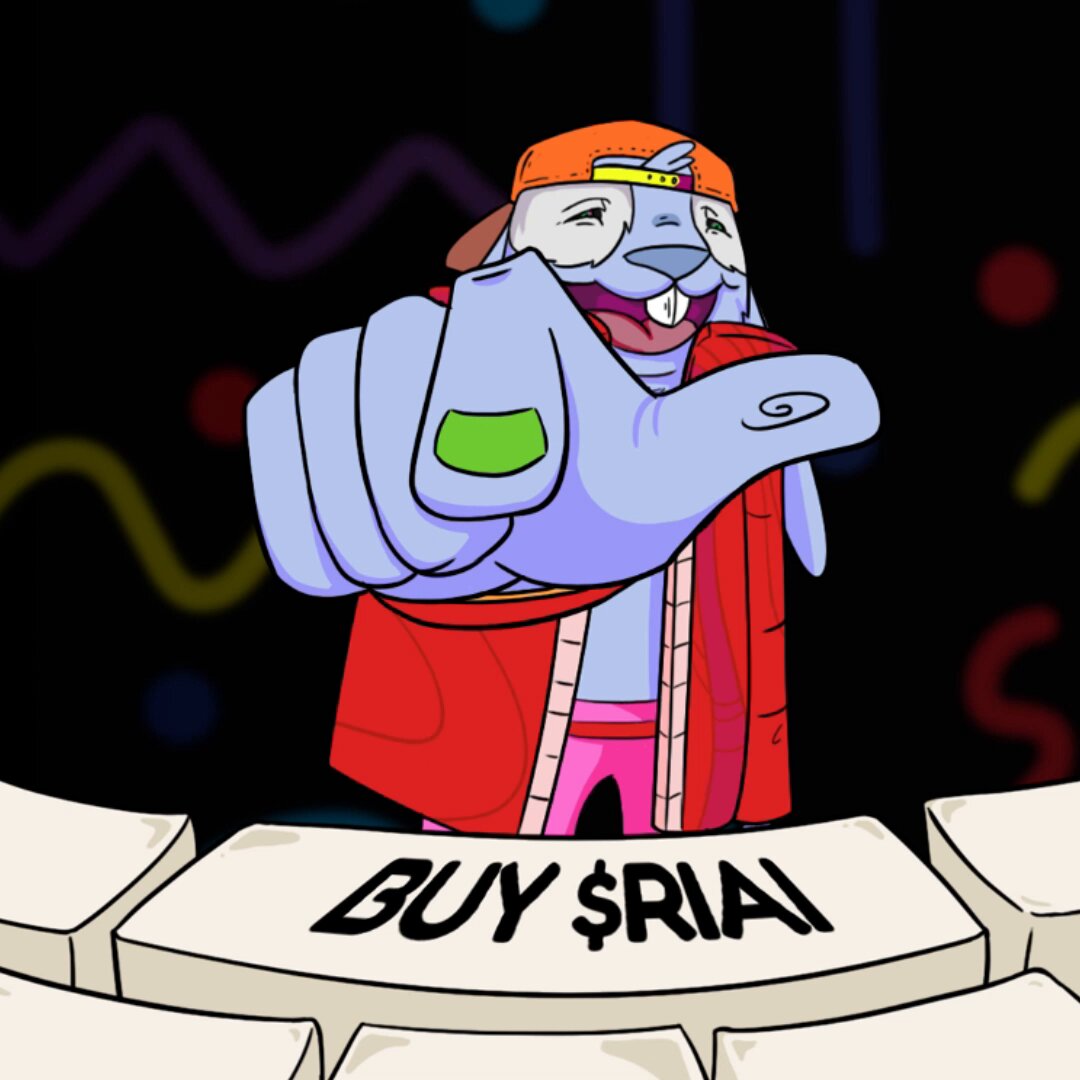Introduction
Artificial Intelligence (AI) has advanced rapidly in recent years, with models like ChatGPT leading the way in natural language processing and conversational AI. However, a new contender has emerged—RabitiAI. This blockchain-powered AI aims to redefine AI interactions by offering decentralized, personalized, and Web3-compatible solutions. But can RabitiAI truly challenge ChatGPT’s dominance?
To explore this, we must examine RabitiAI’s features, compare them to ChatGPT, and assess its potential impact on the AI industry. With its decentralized framework, tokenized incentives, and enhanced user engagement, RabitiAI presents a strong alternative to conventional AI models. However, is it enough to surpass ChatGPT?
What Makes It Different?

RabitiAI is not just another AI model—it is an AI-powered Web3 platform that integrates blockchain technology to enhance personalization, security, and user engagement. Unlike traditional AI models that rely solely on cloud-based processing, RabitiAI leverages decentralized networks to provide a more transparent, secure, and efficient AI ecosystem.
Key Features of RabitiAI
Blockchain-Enhanced AI Personalization
RabitiAI customizes user interactions using blockchain-powered profiles. Unlike ChatGPT, which generates responses based on pre-trained data, RabitiAI adapts responses according to user-specific preferences stored on-chain, enabling a highly personalized AI experience.
Decentralized and Transparent AI Processing
ChatGPT operates on centralized cloud servers, raising concerns about data privacy and control. In contrast, RabitiAI utilizes blockchain’s decentralized infrastructure, ensuring transparency, security, and resistance to censorship.
Seamless Web3 Integration
Designed to function within the Web3 ecosystem, RabitiAI interacts effortlessly with decentralized applications (dApps), smart contracts, and on-chain data verification. This makes it particularly valuable for DeFi, gaming, and digital identity applications.
Speed and Accuracy
RabitiAI processes responses in seconds while maintaining high accuracy in understanding queries and executing AI-driven tasks.
Tokenized Incentives and Community Engagement
Unlike ChatGPT, RabitiAI incorporates a token-based incentive system. Through RabitiAI POP, users earn rewards for interactions, data contributions, and AI model training, fostering a more community-driven AI development process.
Comparing RabitiAI vs. ChatGPT: Strengths and Weaknesses
To determine whether RabitiAI can challenge ChatGPT, we need to compare their capabilities:
| Feature | ChatGPT | RabitiAI |
|---|---|---|
| Technology | Traditional AI model | AI + Blockchain for added security |
| Personalization | Generalized responses | User-specific responses stored on-chain |
| Data Privacy | Centralized, potential risks | Decentralized blockchain storage |
| Web3 Compatibility | Limited | Fully Web3-compatible with smart contracts and dApps |
| Response Time | Varies | Less than 2 seconds |
| Community Incentives | None | Token-based rewards for user engagement |
| Transparency | Operates as a “black box” | Fully auditable AI decisions via blockchain |
This comparison highlights RabitiAI’s innovative approach, positioning it as a strong competitor. However, does it have what it takes to surpass ChatGPT?
Why RabitiAI Could Challenge ChatGPT
Community-Driven Growth Through Tokenization
RabitiAI’s tokenized reward system incentivizes user participation, accelerating AI development and adoption. Since AI improves with user interaction, this model could lead to faster advancements and enhanced functionality.ve based on user interaction, its community-driven development could lead to faster improvements and better overall performance.
Rising Demand for Privacy-Focused AI
Data security is a growing concern among AI users, with many questioning how platforms like OpenAI manage their data. RabitiAI offers a decentralized alternative where user data and AI computations are secured on the blockchain, appealing to privacy-conscious users.
Expanding Web3 Adoption
As blockchain technology gains traction, the demand for AI that seamlessly integrates with decentralized platforms is increasing. Unlike ChatGPT, which remains largely Web2-focused, RabitiAI is well-positioned to dominate AI-driven Web3 applications.
Challenges RabitiAI Faces Against ChatGPT

While it presents a compelling case, dethroning ChatGPT is not an easy task. Here are some challenges it may face:
1. ChatGPT’s Brand Recognition and Market Share
OpenAI’s ChatGPT has been adopted globally, with millions of users trusting its capabilities. Overcoming this massive brand dominance will require RabitiAI to prove itself at scale.
2. AI Model Training and Computational Resources
While RabitiAI offers faster processing times, training and optimizing an AI model to compete with GPT-4 or future iterations of ChatGPT will require extensive computational resources and development.
3. User Experience and Learning Curve
Many users are accustomed to ChatGPT’s interface and ease of use. If RabitiAI wants to compete seriously, it must offer a seamless experience that is intuitive and accessible to a wide audience.
The Future of AI: Can RabitiAI Dethrone ChatGPT?
Given RabitiAI’s unique capabilities, it undoubtedly has the potential to disrupt the AI landscape. However, dethroning ChatGPT requires more than just innovative features—it demands mass adoption, consistent performance, and a strong community-driven ecosystem.
That said, as AI and blockchain continue to intersect, RabitiAI could emerge as the dominant AI solution within Web3, particularly in decentralized applications, smart contract automation, and secure AI interactions.
Conclusion
So, can RabitiAI dethrone ChatGPT? The answer depends on technological advancements, market adoption, and the growth of the Web3 ecosystem. While ChatGPT currently dominates conversational AI, RabitiAI’s innovative approach challenges traditional models, pushing the boundaries of decentralization, transparency, and user-driven AI development.
Regardless of which platform comes out on top, competition drives progress—ensuring better AI solutions and greater innovation for users worldwide.




